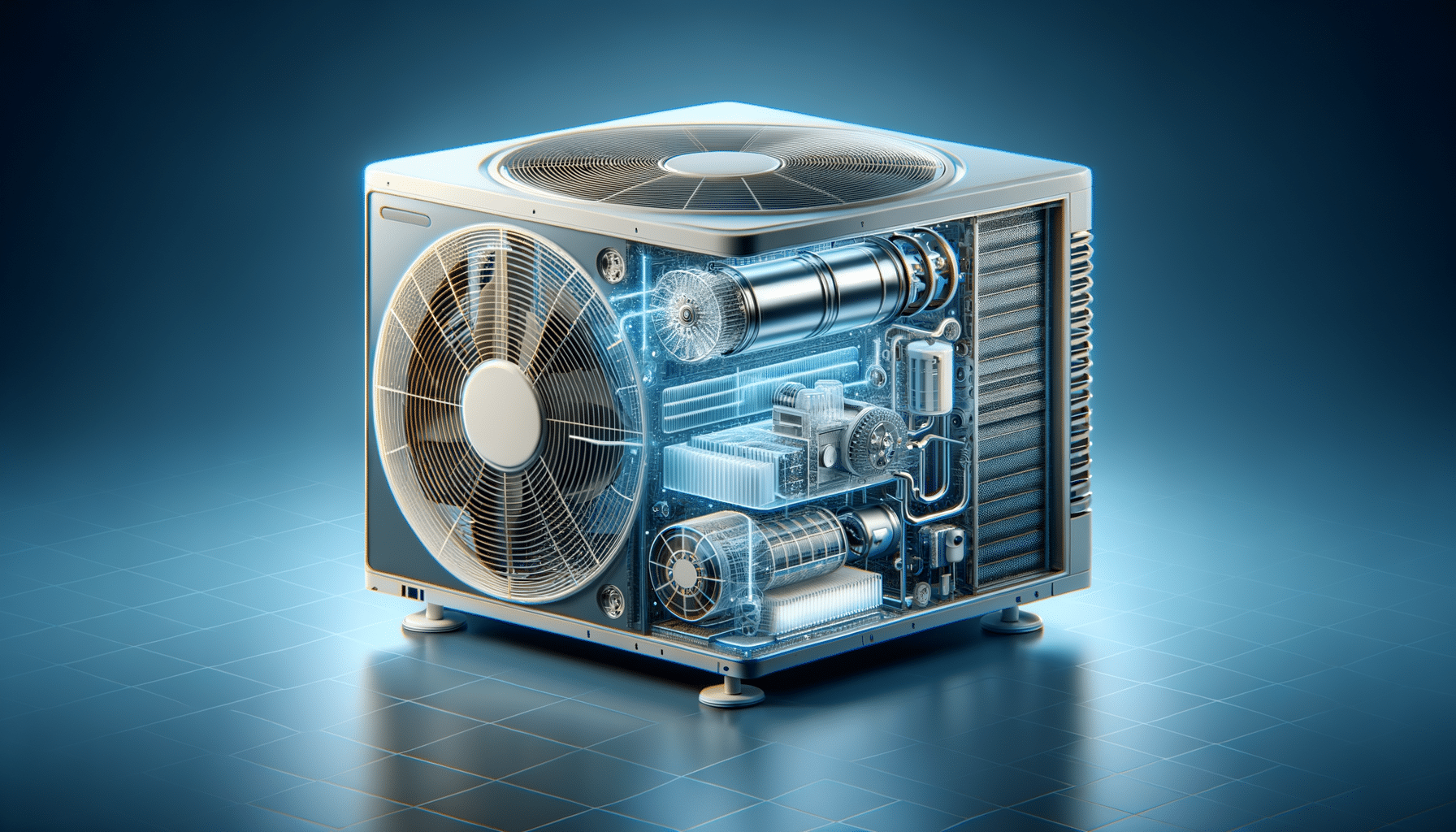Understanding Air Conditioners: A Comprehensive Guide
Explore the various aspects of air conditioners, from their importance to types and maintenance tips.

Introduction to Air Conditioners
As the world continues to experience rising temperatures, the demand for air conditioners has become increasingly significant. These devices are not just about comfort; they play a crucial role in maintaining indoor air quality and protecting health. Air conditioners help in reducing humidity, filtering the air, and providing a consistent indoor climate, making them indispensable in both residential and commercial settings.
In this article, we will explore the different aspects of air conditioners, including their types, features, energy efficiency, and maintenance tips. Whether you are considering purchasing a new unit or looking to optimize your current system, this guide will provide valuable insights to help you make informed decisions.
Types of Air Conditioners
Air conditioners come in various types, each designed to cater to specific needs and environments. Understanding the differences can help you choose the right unit for your space.
- Window Air Conditioners: These are compact units installed in a window or a hole in a wall. They are ideal for cooling single rooms and are relatively easy to install.
- Split Air Conditioners: Comprising an indoor and an outdoor unit, split air conditioners are suitable for cooling individual rooms. They offer a quieter operation compared to window units.
- Central Air Conditioning: This system cools air at a central location and distributes it to multiple rooms through ducts. It is suitable for larger spaces and offers uniform cooling.
- Portable Air Conditioners: These units can be moved from room to room and are a flexible cooling solution for spaces where traditional units are not feasible.
Choosing the right type of air conditioner depends on factors such as room size, budget, and installation preferences. Each type has its unique advantages and limitations, so it’s essential to assess your specific needs before making a decision.
Key Features to Consider
When selecting an air conditioner, several features can enhance its performance and efficiency. Here are some essential aspects to consider:
- Energy Efficiency: Look for models with high Energy Efficiency Ratio (EER) ratings. Energy-efficient units consume less power and reduce electricity bills.
- Cooling Capacity: Measured in BTUs (British Thermal Units), the cooling capacity should match the room size for optimal performance. A unit with insufficient BTUs will struggle to cool the space, while one with too many will consume unnecessary energy.
- Noise Levels: Consider the noise level of the unit, especially if it will be installed in a bedroom or a quiet area. Split and central systems tend to be quieter than window units.
- Smart Features: Modern air conditioners come with smart features like Wi-Fi connectivity, allowing remote control via smartphones and integration with home automation systems.
By focusing on these features, you can select an air conditioner that not only meets your cooling needs but also enhances your overall comfort and convenience.
Energy Efficiency and Environmental Impact
Energy efficiency is a critical consideration when purchasing an air conditioner, both for cost savings and environmental reasons. Energy-efficient models not only reduce electricity bills but also minimize the environmental impact by consuming less power.
Many air conditioners now come with eco-friendly refrigerants that have a lower Global Warming Potential (GWP) compared to traditional options. Additionally, inverter technology has revolutionized the industry by allowing units to adjust their speed and output, leading to significant energy savings.
When selecting an air conditioner, look for units with energy star ratings and inverter technology. These features ensure that your cooling system is both cost-effective and environmentally responsible.
Maintenance Tips for Longevity
Proper maintenance is crucial to ensure the longevity and efficiency of your air conditioner. Regular upkeep not only extends the life of the unit but also maintains its performance.
- Regular Cleaning: Clean or replace filters every month to ensure proper airflow and prevent dust buildup.
- Inspect the Coils: The evaporator and condenser coils should be checked annually for dirt and debris, which can reduce efficiency.
- Check the Fins: Ensure that the fins on the coils are not bent, as this can obstruct airflow. Fin combs can be used to straighten them.
- Professional Servicing: Schedule professional maintenance at least once a year to check for any issues and ensure that the unit is operating optimally.
By following these maintenance tips, you can keep your air conditioner running smoothly and efficiently for years to come.
Conclusion: Making the Right Choice
Choosing the right air conditioner involves understanding your specific needs, considering the various types and features, and prioritizing energy efficiency. By investing in a suitable unit and maintaining it properly, you can enjoy a comfortable and healthy indoor environment.
As you navigate the options available, remember that an informed decision will not only enhance your comfort but also contribute to energy savings and environmental sustainability. Whether for home or office, the right air conditioner is an investment in both comfort and efficiency.